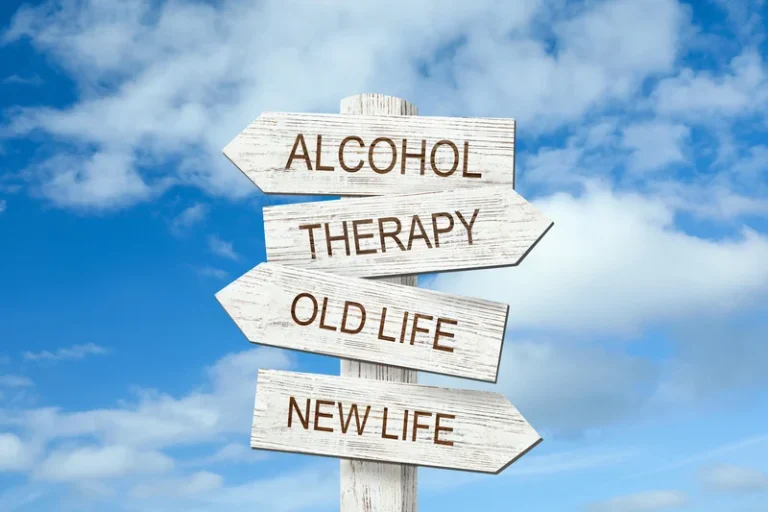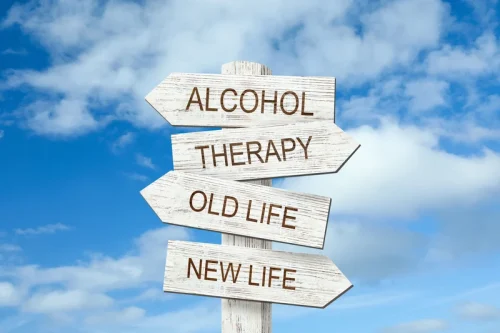
The benefits of alcohol recovery include improved organ function, reduced risk of liver disease, and restoration of overall health. Mental and emotional well-being significantly improves, with reduced stress, anxiety, and depression. Health experts officially define moderate drinking as 1 drink or less per day for females and 2 drinks or less per day for males. However, if a person already has alcohol use disorder, they can help prevent some of the withdrawal symptoms by speaking with a doctor about safe withdrawal.
- It’s never too late to seek help, no matter how things might seem right now.
- It’s easy to forget that alcohol is an addictive substance that can have incredibly harmful effects on our physical and mental health.
- When a person is detoxing from alcohol, the symptoms may begin anywhere from 6 hours to a few days after their last drink.
- It’s estimated less than 10% of people who have an alcohol use disorder receive treatment for their condition.
Medications
Individuals with a strong support system, such as friends and family, typically have an easier time quitting alcohol. Another factor that can affect the timeline is access to treatment options, such as therapy, medication-assisted treatment (MAT), and support groups like Alcoholics Anonymous (AA). AA and other 12-Step groups can also connect you with a peer sponsor—someone you can depend on to support you through the recovery process.
- Post-acute withdrawal Syndrome (PAWS) begins after the initial detox phase, bringing emotional and psychological challenges such as mood swings, depression, and sleep disturbances.
- If you’ve been drinking heavily or have struggled with alcohol addiction for a long time, it’s common to experience the effects of withdrawal after you stop drinking.
- DTs usually start between 48 to 72 hours after stopping alcohol.
- Alcohol recovery helps individuals overcome addiction by providing structured support to manage cravings, address underlying mental health issues, and rebuild their lives.
How can Relapse be Prevented in Alcohol Recovery?

Symptoms of alcohol withdrawal can occur after a person suddenly stops drinking or suddenly strongly reduces drinking after prolonged and heavy exposure to alcohol. You can find alcohol recovery support in Ohio through various resources, including rehabilitation centers, Alcoholics Anonymous (AA) meetings, and state-funded programs. Ohio offers numerous rehab facilities providing evidence-based treatments for alcohol addiction.
Gabapentin: Definition, Uses, Side Effects, Interactions, Warnings
- However, while this stage feels more manageable, it’s also the time when people are at the highest risk for life-threatening symptoms, such as delirium tremens.
- Heavy drinking is eight drinks or more per week for females and 15 drinks or more for males.
- These phases help individuals overcome addiction by addressing both physical withdrawal and long-term sobriety.
- If you’ve completed detox, you may prefer an outpatient program.
- Call your provider or go the emergency room if you think you might be in alcohol withdrawal, especially if you were using alcohol often and recently stopped.
- Medical professionals can assess a person’s progression along the stages of withdrawal.
Individuals who stay engaged in treatment and build strong support systems have the highest success rates in cutting back on alcohol symptoms achieving long-term sobriety after alcohol addiction. The benefits of alcohol recovery include improved physical and mental health, better relationships, increased energy, and financial stability. Recovery enhances liver and cardiovascular health, restores cognitive function, and reduces the risk of relapse. Emotionally, it boosts self-esteem, promotes stronger social connections, and enhances overall quality of life, making long-term sobriety sustainable. Comprehensive alcohol recovery includes medical care, counseling, and peer support. Programs like inpatient rehab, outpatient therapy, and 12-step groups provide structured guidance to help individuals rebuild their lives.

Therapy and Counseling

FDA-approved medications like naltrexone and acamprosate help reduce cravings and prevent relapse, further supporting the recovery process. Alcohol recovery helps individuals overcome addiction by providing structured support to manage cravings, address underlying mental health issues, and rebuild their lives. Recovery programs drug addiction treatment incorporate relapse prevention strategies, therapy, and peer support to help individuals develop healthier coping mechanisms.
